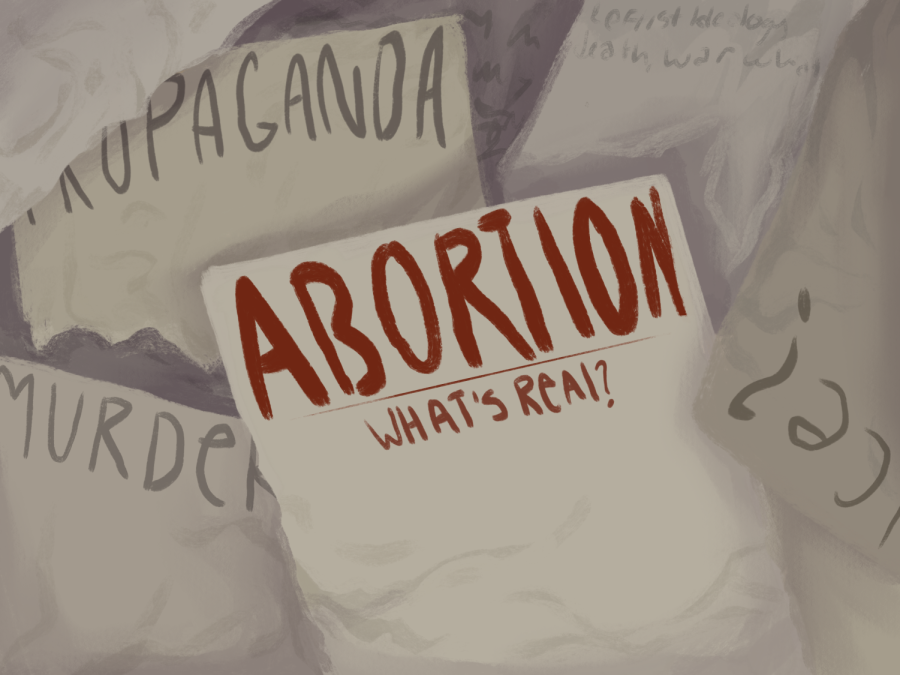Misinformation in wake of the Supreme Court abortion leak
Within the ongoing debate on the overturning of Roe v. Wade, stories from all sides of the equation are booming, but no matter what side of the debate people lie on, misinformation is a common factor among them all.
May 27, 2022
On May 3, 2022, Politico leaked a Supreme Court draft opinion. In this draft, Justice Samuel Alito’s draft majority opinion that would strike down Roe vs. Wade was brought to light. In just the following two weeks protests have occurred, petitions have been filed and many have been speaking out on the topic using social media platforms such as Instagram.
Although many are understandably angry, it’s easy, especially in the age of social media, to spread misinformation like infographics that misinterpret information.
A key example of this is the way the new abortion policy is perceived. Many people see it as a “ban” on all abortion altogether. This is not completely correct. While many states are expected to restrict abortion if Roe v. Wade is over turned and 13 states already have trigger laws in place that will automatically ban all abortions, the right to an abortion will be up to the state legislators. While many women will lose access to safe abortions, in areas of the country like California, abortion will still be legal.
A lot of this conversation has been centered around people in socially progressive areas like California and New York, however if this ruling is made concrete then it will likely impact women living in states with trigger laws that will automatically ban abortion if Roe v. Wade is overturned and may additionally have a disproportionate effect on poor people and women of color.
Misinformation on abortion from the right is also prevalent. Many view abortion as morally wrong because a fetus, if left alone, will eventually become a person. And while this a legitimate personal or religious belief, many believe it should be left up to the individual to decide when life begins. For example, some scientists found that a fetus’ neuroanatomical apparatus required for pain and sensation is not formed until 26 weeks after conception. Most abortions take place far before this 26 week time frame. In the UK, it has been found that nine weeks is the average time frame of a pregnancy to have an abortion.
Continually, religious ideologies play a part in the laws that relate to abortion. Some Christians who view sex solely as a means of procreation see abortion as a way out. However, many on the other side of the issue believe that it is unfair for a nation founded on the belief of religious freedom to impose this dogma upon all its citizens.
With the abundance of misinformation prevalent in the current day and age, social media at times only serves as an echo chamber for what people already believe, especially relating to pivotal issues like abortion where misinformation runs rampant on both the left and right. In order to combat this, it is necessary to do individual research from a wide range of sources and to look at those different sources critically, and to be wary of getting all your news from Tik Tok.

















John Doe • Dec 13, 2022 at 10:39 pm
It’s worth noting that the debate for abortion is not as simple as religion v. secularism or men v. women.
We see nuanced arguments in this debate. One example would be this, women who preach feminism are against abortion because it would undermine the responsibility of a man to take care of his children and abortion is used so that a man can use a woman’s body however he pleases without repercussions.
Jasmine • May 29, 2022 at 10:38 pm
In my opinion, I disagree with the statement presented that it “is up to the individual to decide when life begins.” It is poor logic because that means anybody at any time can decide when life has value. An individual does not get to decide when someone is worthy of having life.